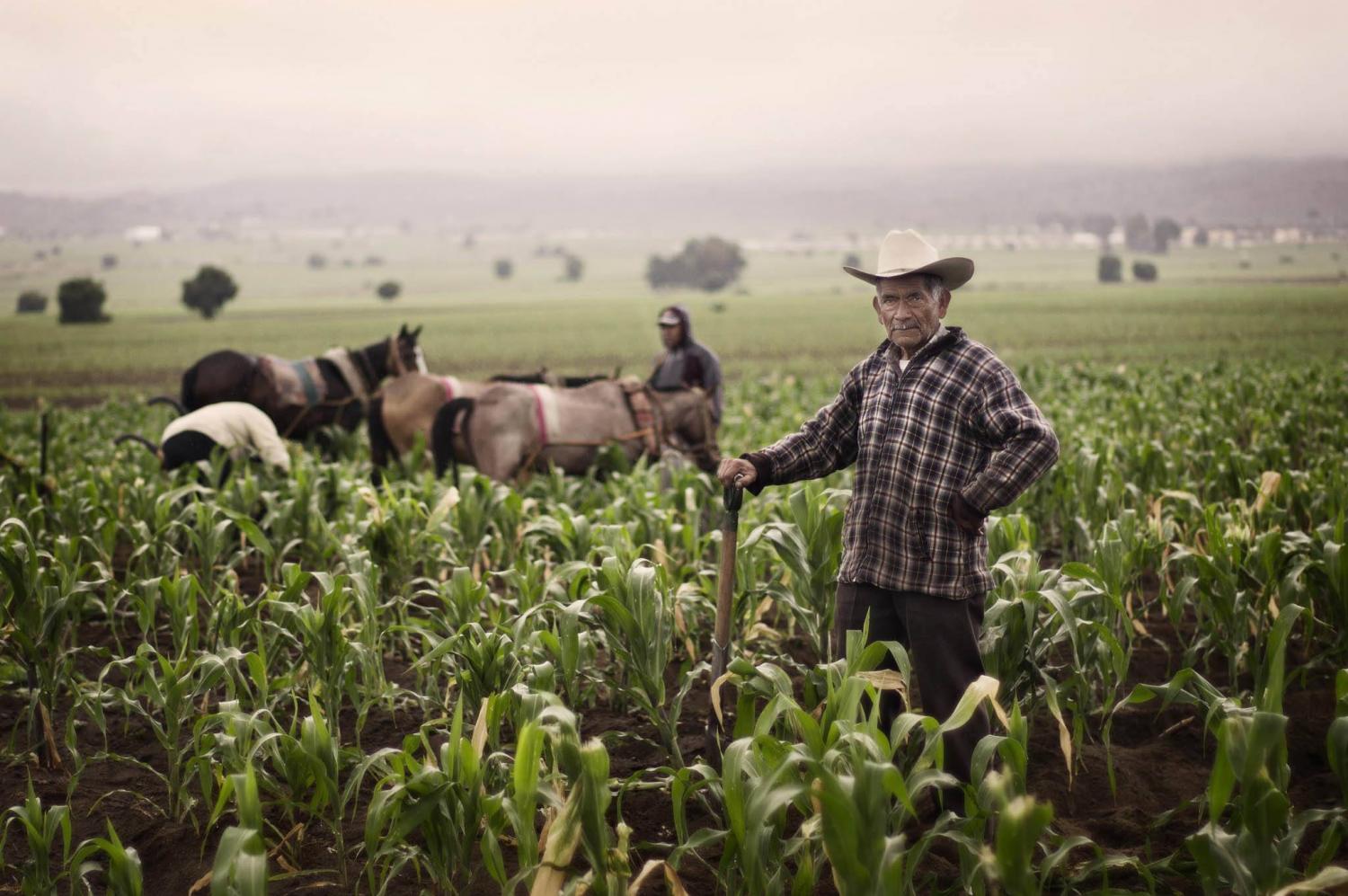
Mexican migrant workers cleared to work legally in the U.S. were housed in rat-infested rooms, paid less than the promised wage and prevented from leaving the Kentucky tobacco fields they managed, according to federal lawsuits against six farmers.
The three lawsuits filed on behalf of the Mexican workers spell out clear abuses of the H-2 visa program, which provides legal workers jobs at low-skilled levels. H-2A visas are valid for one year and are typically reserved for agricultural work. While the Mexican migrant workers can legally work in the country, they depend on employers to keep their visas valid.
The lawsuits outline the breach of these visa programs, claiming that the farmers promised decent wages and fine housing but didn’t fulfill those needs. The federal government sets an H-2A wage rate, and the pricing varies state to state. The rate is increasing annually in Kentucky, with the working wage for Mexicans under the H-2A visa program reaching $10.28 an hour in 2015. In some instances, migrants were making less than the federal minimum wage of $7.25 per hour, the lawsuits allege.
Kentucky’s wages are increasing periodically, as the state's House of Representatives recently passed a bill push the minimum wage to $10.10 an hour by 2017. So, while workers in Kentucky will enjoy the fruits of their labor, the Mexican workers providing painful fieldwork are not.
The guest-worker program has provided Kentucky with a lot of agricultural benefits, as the foreign workers lend noteworthy hours and work to jobs that would otherwise go unfilled. Mexican workers are called upon to complete chores of harvesting tobacco and stripping leaves from harvested stalks to prep the crop to be sold.
The 39 Mexican workers opening up the case claim their employers charged them for housing, which went against the program’s rules. One lawsuit said the housing conditions were unsanitary and unfinished, leaving the workers with rats and without beds, kitchen tables or proper sewer systems.
Another lawsuit alleged that the house didn’t have a working shower, forcing the workers to bathe out of buckets after long, grueling days of work. The house also leaked and didn’t have a strong heating system, the suit alleges.
One of the three suits alleged that the workers were illegally charged $2,000 for their visas, $80 a month in rent, and $180 for transportation purposes en route from Mexico to Kentucky, according to a Fox News report. A different lawsuit accused farmers of confiscating workers’ passports, forcing them to finish their work before the tobacco season ends.
This isn’t the first time Kentucky has been involved in shady practices over mistreating guest workers. In May of this year, a Kentucky tobacco farm had to pay more than $28,000 in reimbursements for wages and civil penalties to 21 Mexican H-2A workers, according to a ThinkProgress article. On a separate occasion last year, a Bluegrass State farmer was fined $3,500 “for serious worker health and safety violations.” The buck doesn’t stop there, as these lawsuits are certainly worth thousands of dollars if proven to be true.
Kentucky, a state located a whopping 1,572 miles away from Mexico’s northernmost border, seems like an unlikely candidate for such mistreatment of Mexican workers, but the availability of work tricks these migrants into leaving their unemployed lives for a chance at the American dream -- only to sleep with rats.
The H-2A program will be tested once again in Kentucky, but who’s to tell if it’s the last time.
Image credit: Flickr/ibz_omar
Based in Atlanta, GA, Grant is a nonprofit professional and freelance writer passionate about affordable housing and finding sustainable approaches to international development. A proud graduate of the University of Maryland, Grant spent four months post-grad living in Armenia where he worked for Habitat for Humanity and the World Food Programme. He enjoys playing trivia with friends but is still seeking his first victory - he ceaselessly blames his friends lack of preparation.














